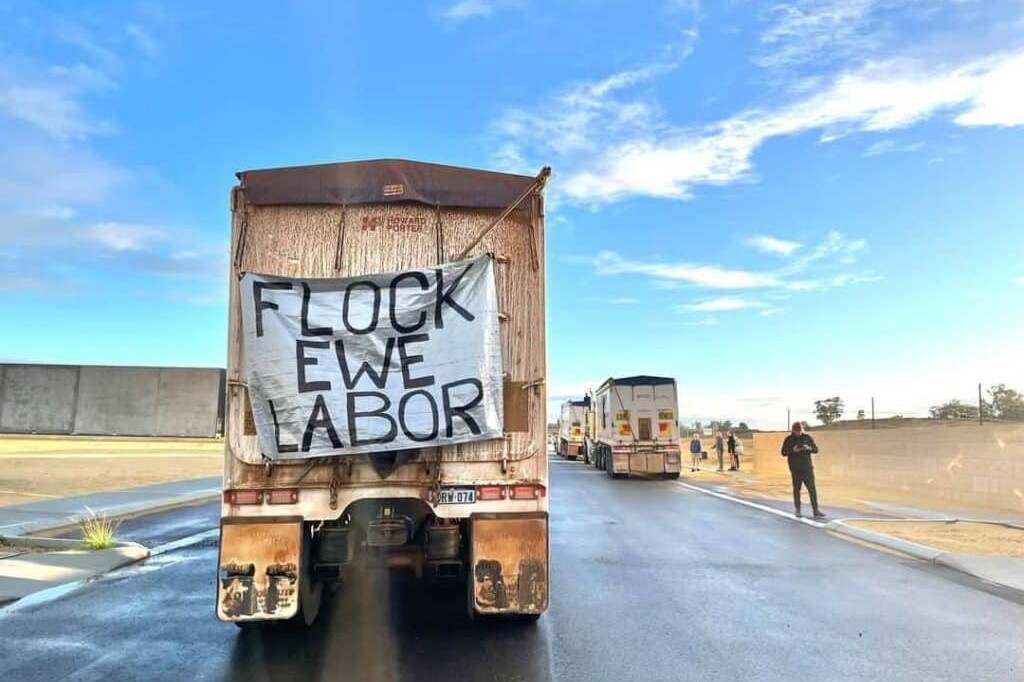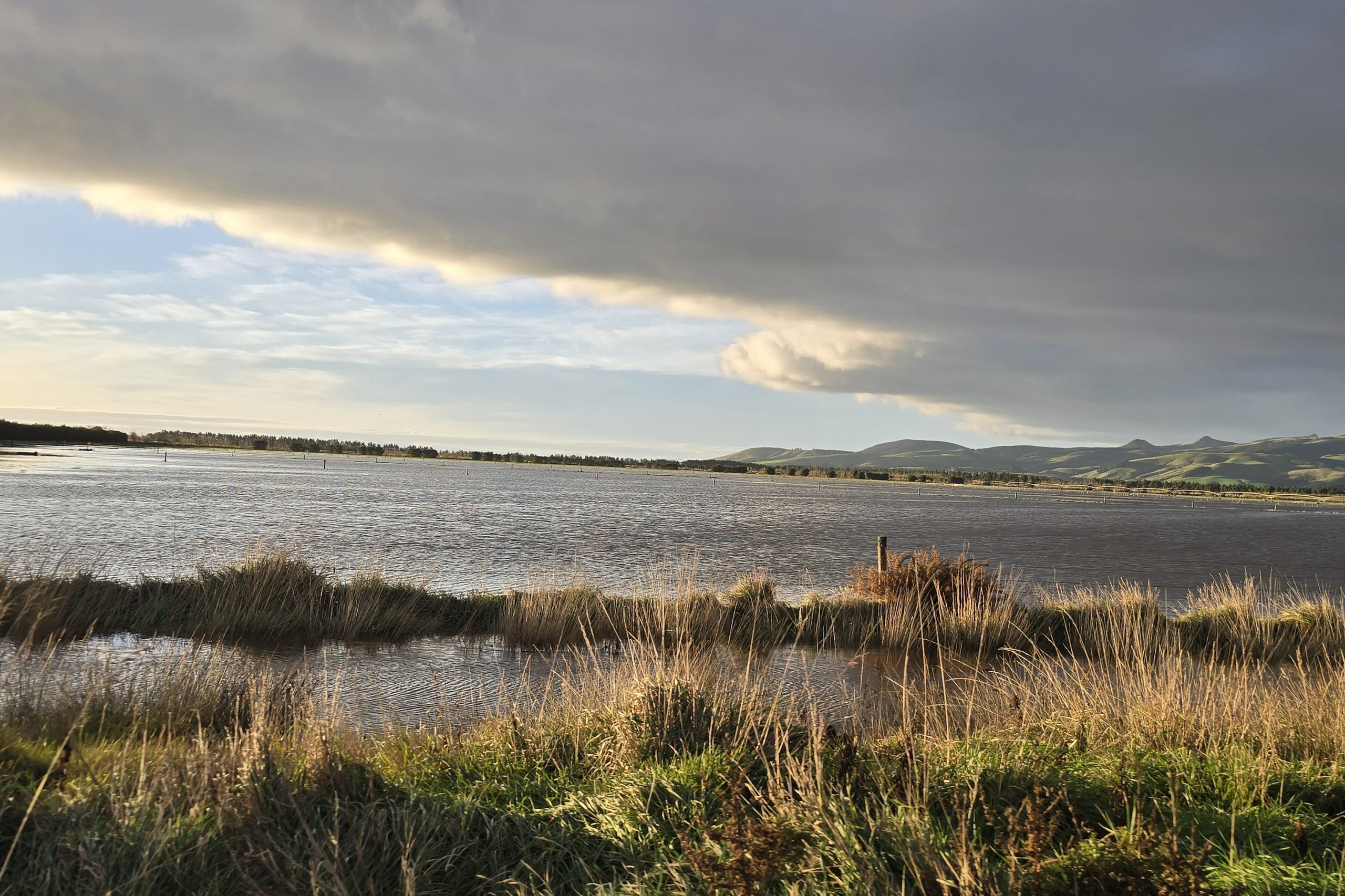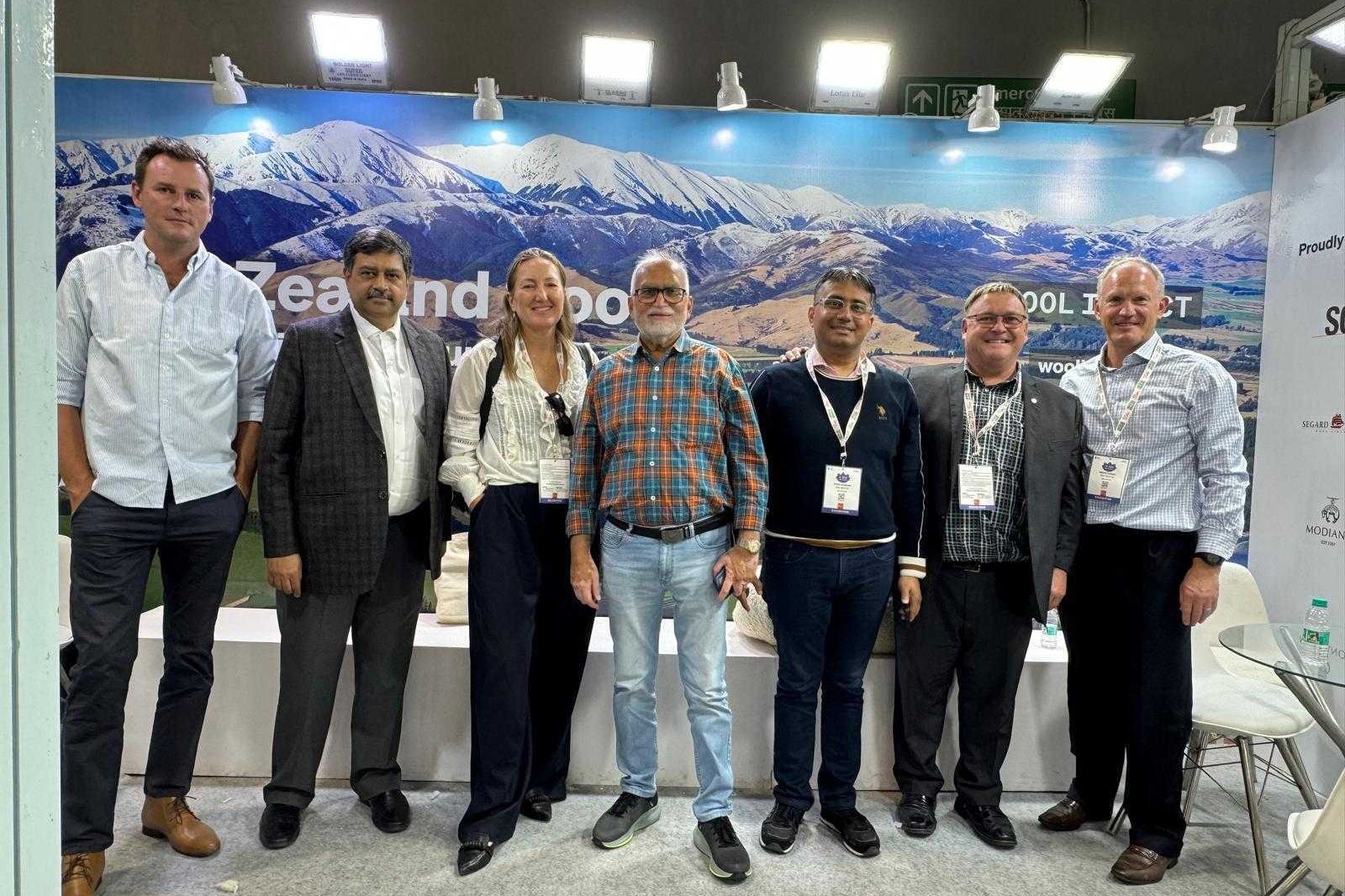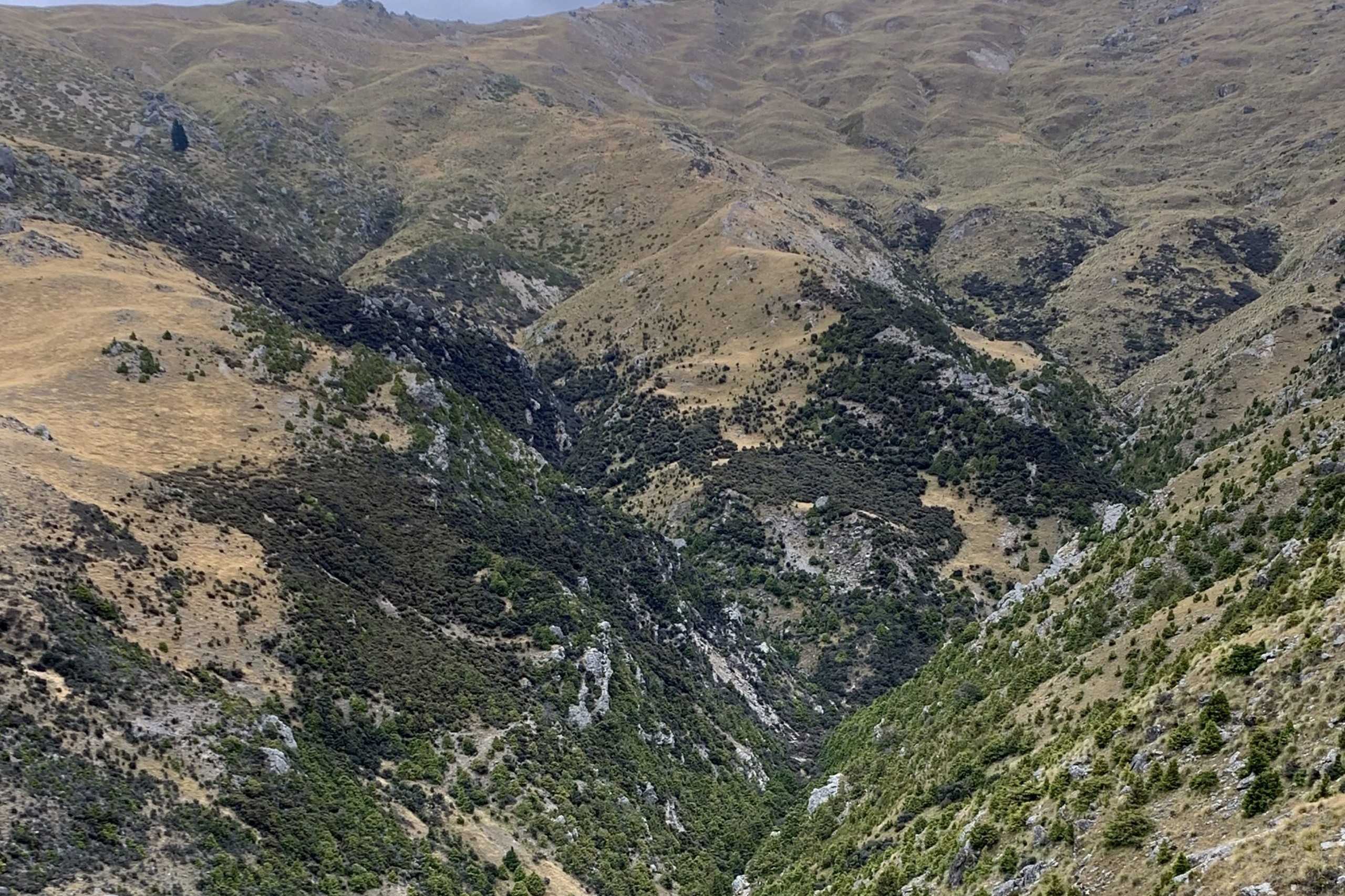John Scott farms 40 miles north of Inverness on the east coast next to the small village of Hill of Fearn in Scotland.
I left New Zealand 25 years ago for home in the Scottish Highlands.
One of the main reasons for leaving with a heavy heart was that we were leaving behind us many friends who have been made over the years. Roger and Barbie Barton, Greytown employed us many years ago during our OE, Trevor Cook has acted as adviser and mentor to our business and myself in recent years and there are many others who I will refer to in future articles.
The kids reliably inform me (list of names is on the fridge) that we have now employed 43 Kiwis in the last 12 years who have worked and often lived with us for varying lengths of time adding a different dimension to farm and local community life.
I farm with my wife Fiona, our four kids James 18, Izzy 16, Lexie 14 and Archie 12 and mum and dad 40 miles north of Inverness on the east coast next to the small village of Hill of Fearn where many years ago former New Zealand prime minister Peter Fraser was born.
Our 600-hectare base at Fearn has everything from heavy clay to sand and lets us grow most cereal and forage crops providing us with an excellent platform for wintering most of the livestock we look after either for ourselves or for other farming businesses in the area on contract farming agreements.
We run 4000 breeding ewes and 250 beef cows with most progeny sold for breeding or finished on farm, one of our main constraints is that we are spread over six blocks throughout the area and even though they are all within 10 minutes’ drive we spend more time on the road than we would like.
We also have several roads dissecting Fearn and even a simple job like moving cattle across the road now needs three people due to the volumes of traffic, during Covid lockdown this went back to being a one man job and every day was like a Sunday morning again which was bliss!
We have a full time equivalent of six members of staff plus myself, Fiona and dad who doesn’t do as much as he used to but still checks stock while offering wisdom whether needed or not.
On the face of it our staffing numbers seem high but there’s quite a lot going on in the business and we run 800 stud ewes within our ewe numbers and stud beef Shorthorn and Luing cattle. We have also diversified into renewable energy with wind turbines and a biomass boiler and have recently built holiday houses replacing an old mill on the farm.
Recently we teamed up with the Mcgowan family at Incheoch and the Giddings family of Meadowslea Genetics in Fairlie, NZ, to bring the ‘Yourbid’ auction system to the United Kingdom.
It would be fair to say we were a little nervous but wow did it work well with our annual ‘Great from Grass’ sale of breeding sheep recording record averages, rams topped at £2175 (NZ$4160) and averaged £924 (NZ$1767) for 112 rams and gimmers/two-tooths averaged £140 (NZ$267) for 281 sold with a 100% clearance.
There’s no doubt we will repeat this process next year and hopefully we can have a full social occasion if restrictions on social gatherings have eased by then?
Trade for sheep and cattle remains strong at the moment with finished lambs receiving £4.50kg (NZ$8.60) deadweight whilst finished steers and heifers are around £3.95kg (NZ$7.55) and the knock on effect of this is that store trade remains buoyant for all classes of stock.
While we are delighted with this trade we still have the dark cloud of Brexit looming and to make sure we don’t get ahead of ourselves for those of us growing malting barely the market is decidedly flat at the moment with little signs of improvement, Coronavirus hasn’t helped here with many distilleries shutting down for several months over the summer.
Our wool cheque has also been affected by Coronavirus, with demand even lower than usual, on a good year it pays the shearers and this year it’s not even worth selling by the time you pay the transport. On a positive note however our oldest, James has now completed his first season shearing and Izzy has been away with the same gang as a rousie.
Looking forward to next year we are keen to explore opportunities for our annual wool clip, could we add value by teaming up with others to sell our wool for a premium/have our own garments made, is it good enough? Plenty questions, hopefully I will find the answers.





